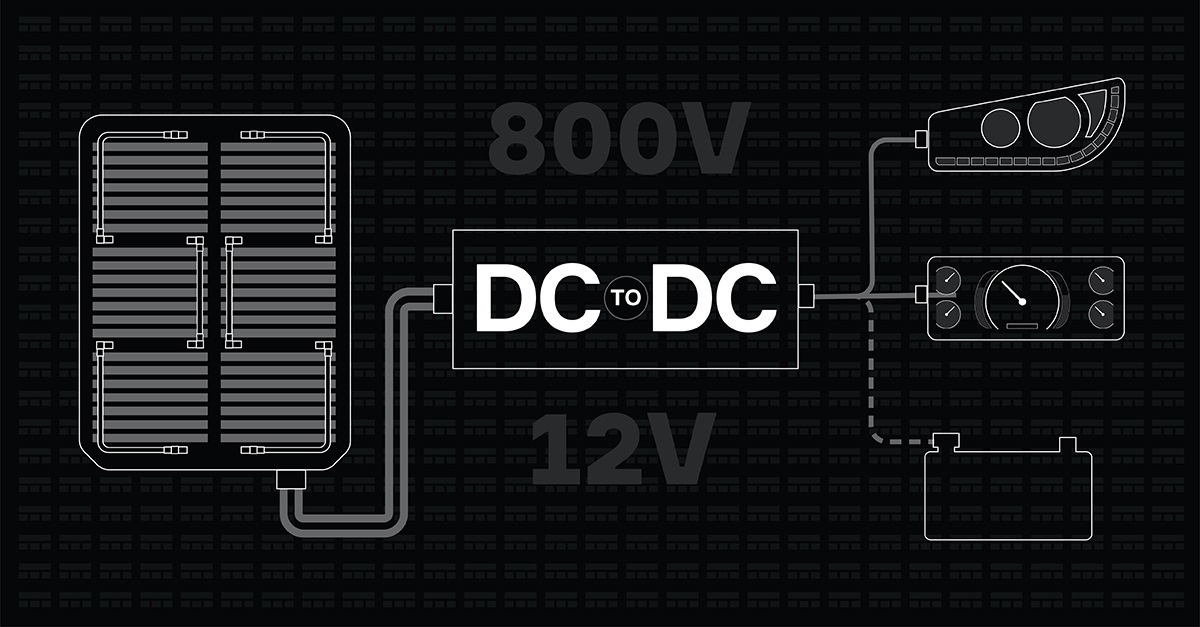Modern electronics would not function without direct current-to-direct current or a dc dc converter, allowing efficient electrical power conversion between different voltage levels. These converters are used in various applications, including portable gadgets, renewable energy systems, and automobiles.
Any engineer, enthusiast, or someone interested in electronics would do well to familiarize yourself with their types, functions, and potential uses.
The Role of the DC-DC Converter in Electrical Equipment
A direct current (DC) converter takes a DC voltage as input and changes it into an AC voltage. Methods such as pulse-width modulation (PWM), switching regulators, and transformer-based designs are utilized in this conversion process to manipulate voltage levels.
Here are some of the many ways in which a dc dc converter is beneficial for electrical devices.
What Makes a DC-DC Converter Beneficial
- Supplement
A key benefit of direct current-to-direct current converters is their efficiency in boosting, bucking, or inverting voltages. Because of their adaptability, they are indispensable in many contexts where reliable power sources are essential.
Devices that run on batteries and prioritize energy efficiency are perfect candidates for the buck converter, which steps down voltage. But boost converters are a lifesaver for uses where the output voltage needs to be higher than the input voltage.
- Regulator
No matter the input voltage or load conditions, the output voltage of a dc dc converter will stay constant because of the exact voltage regulation it provides. Electronic equipment that is sensitive and needs a continuous power source must have this.
Solar panels and wind turbines are two examples of renewable energy systems that rely heavily on DC-DC converters. Powering homes and businesses with steady output voltages is made possible by these converters, which take changing DC voltages from renewable sources.
- Compact
Lightweight and small, a dc dc converter is an alternative to transformers and linear regulators for converting voltage. It renders them ideal for embedded systems and mobile devices, where weight and space are at a premium.
- Efficient
It is the goal of many DC-DC converters to minimize power loss while operating. Devices that run on batteries must prioritize this efficiency to get the most out of their batteries.
Electric and hybrid vehicles rely on DC-DC converters to power many onboard electronics, lights, and motors. Both performance and energy efficiency are enhanced with their assistance in managing power distribution.
- Affordable
Due to mass production and technical improvements, a dc dc converter is now more affordable and suitable for various uses.
- Reliable
Its vital components and protection measures improve a DC-DC converter’s reliability and lifespan in harsh settings. DC-DC converters can swiftly adapt the output voltage in response to changes in the load, ensuring stability.
The Bottom Line
A dc dc converter has become an essential component of today’s electronics by improving electronic system performance, size, and reliability and allowing for more efficient power management.


